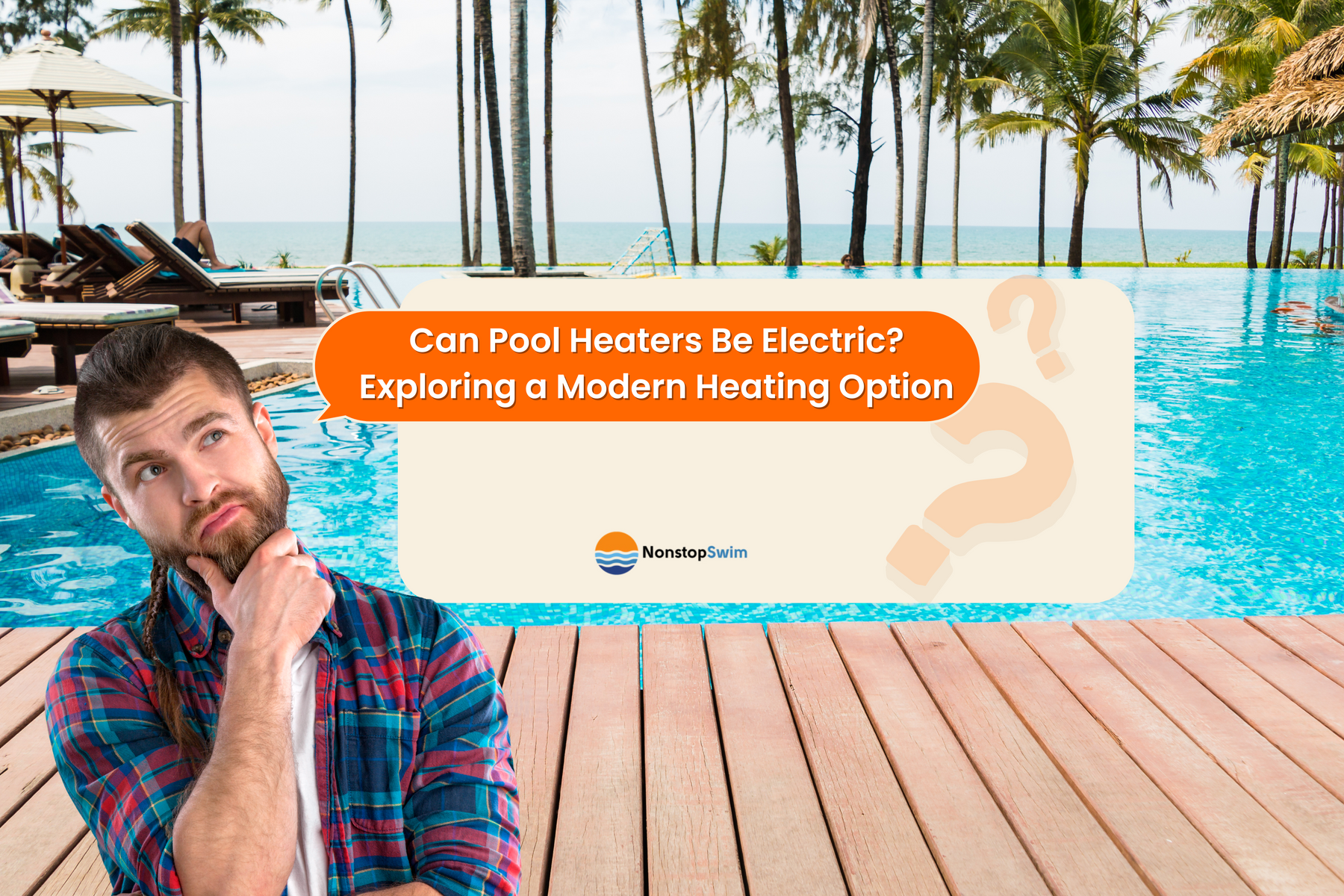
Can Pool Heaters Be Electric? Exploring a Modern Heating Option
Understanding Electric Pool Heaters
Can Pool Heaters Be Electric? Absolutely!
Yes - they sure can, and many are! Electric pool heaters are a smart, energy-efficient way to keep your pool cozy.
What is an Electric Pool Heater?
Think of an electric pool heater like a water-warming sidekick. It’s a device that uses electricity to heat up your pool water and keep it comfortable, especially during those cooler months when taking a dip feels more like a dare.
You’ll usually find two types: heat pumps and electric resistance heaters. Both do the job but in different ways. While they don’t turn your pool into a hot tub overnight, they’re dependable, efficient, and great for extending swim time without needing a bonfire next to your deck.
Electric Resistance Heaters vs. Heat Pumps
So what’s the difference? Both can be categorized as "electric pool heaters". But, to break it down further...
- Electric resistance heaters use electrical current to heat metal elements. Water passes over those elements, and the heat transfers directly. Think of it like a giant toaster for your pool.
- Pool heat pumps, on the other hand, pull heat from the air and transfer it to your water using a refrigerant system. They don’t create heat - they just move it around. These are best for folks living in places where the weather stays mild most of the year.
If you're in a rush to warm up a small pool or hot tub, resistance heaters are solid. But if you're looking to save money in the long run and live somewhere warm, heat pumps are the better bet.
Benefits of Electric Pool Heaters
Electric heaters might not seem flashy, but they come packed with practical perks.
First, they’re low maintenance. Fewer parts, no gas lines, and no burners mean less that can break or clog.
Second, they’re quiet. No loud roaring or whooshing sounds - just a gentle hum as they do their thing.
Third, they’re consistent. Set your desired temp, and they’ll keep your water right where you want it. Ideal for daily swimmers or therapeutic use.
And lastly, they’re cleaner for the environment. No fumes, no emissions, and if your home runs on solar or renewable energy, they’re a guilt-free way to keep warm.
Considerations for Electric Pool Heaters (Installation, Sizing, Climate)
Before grabbing the first model you see, here’s what you need to think about:
Installation isn’t always plug-and-play. You’ll need a dedicated electrical circuit, and it’s smart to get a licensed electrician to hook things up safely.
Size matters. A heater that’s too small will work overtime and barely make a dent. One that’s too big could waste energy. Make sure to match the heater to your pool’s volume and surface area.
Climate counts too. Electric resistance heaters can handle any weather, but they’ll cost more to run in colder regions. Heat pumps, on the other hand, perform best when the air is at least 50°F (10°C). If you live somewhere colder, a gas backup or solar assist might help.
Electric vs. Gas Pool Heaters: A Comprehensive Comparison
Key Differences and Performance
Need heat fast? Gas heaters win that race. They’re great for folks who only heat their pool occasionally or want it warm on demand.
Electric models, while slower, are better for maintaining a steady temperature over time. Once they reach your desired warmth, they’ll keep it there without wild swings.
If you're planning to swim regularly, electric heaters can be more convenient and easier on your energy bill.
Cost, Efficiency, and Environmental Impact
Upfront, electric heaters usually cost less than gas heaters. But what you save at checkout may shift depending on energy prices in your area.
Running costs depend on electricity and gas rates where you live. Heat pumps use less energy over time, so they often cost less to run compared to gas.
From an eco standpoint, electric models don’t release emissions while operating. Pair one with solar energy, and you’ve got a cleaner, greener heating system. Just keep in mind that all manufacturing has some environmental cost.
Other Pool Heating Options
Not sold on electric or gas? Here are a few alternatives:
-
Solar heaters: Use free heat from the sun, but not ideal if you live in cloudy or cold areas.
-
Solar covers: Help trap heat and reduce evaporation, especially useful when paired with a heater.
-
Hybrid systems: Some folks use both gas and electric (or solar) together, switching based on weather or energy rates.
No matter what you choose, the goal is the same: warm, inviting water whenever you’re ready to jump in.



Leave a comment